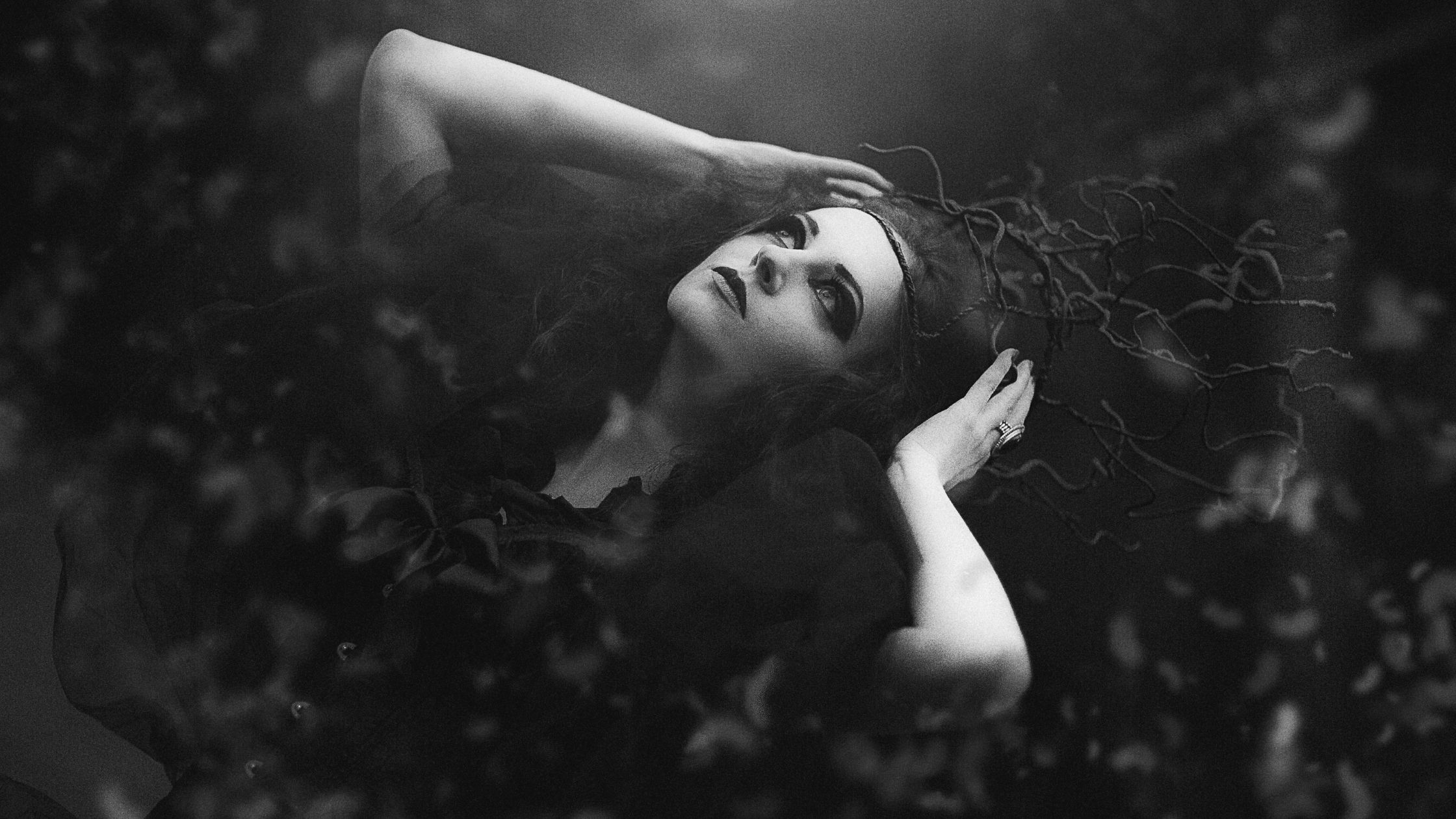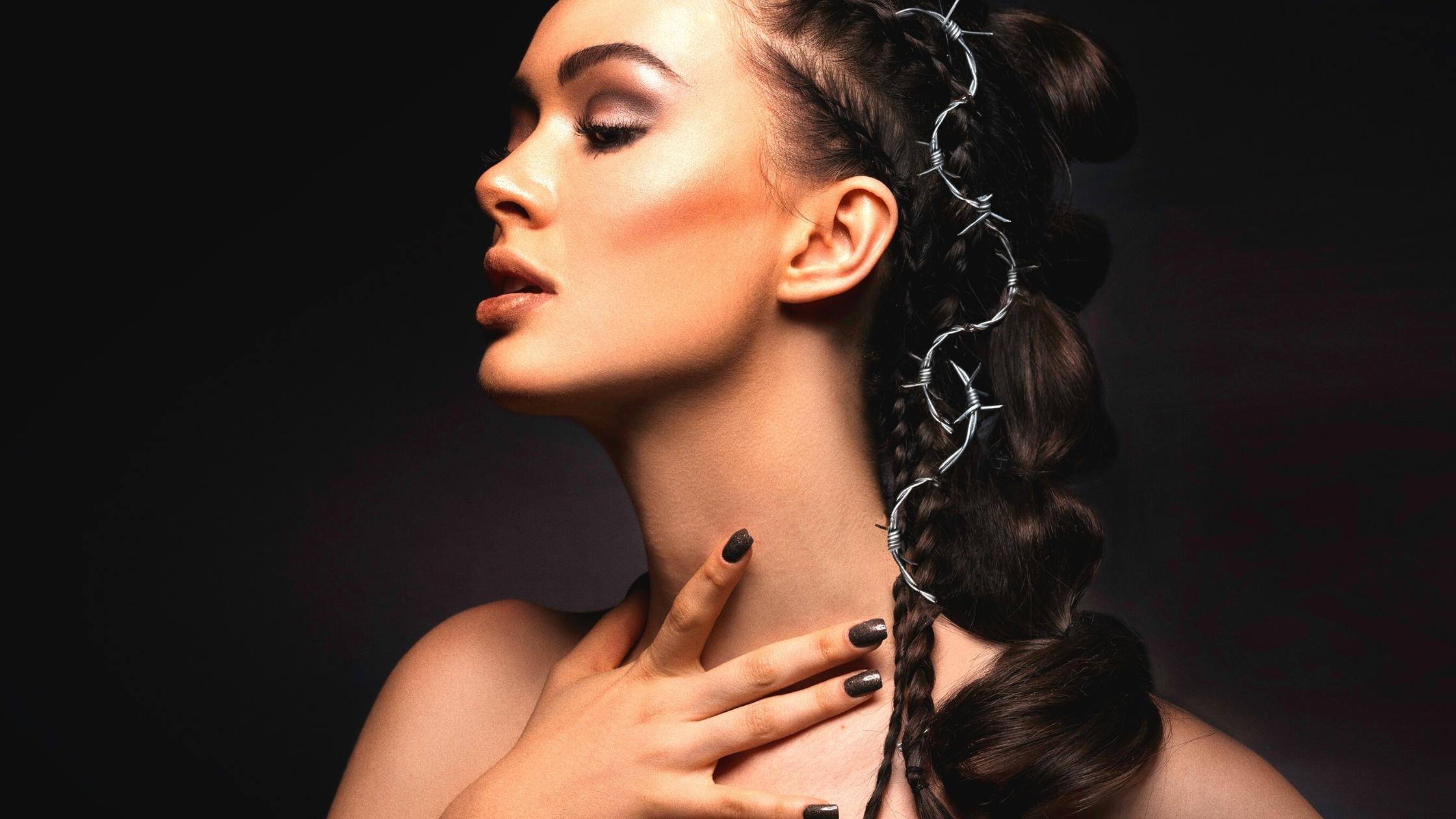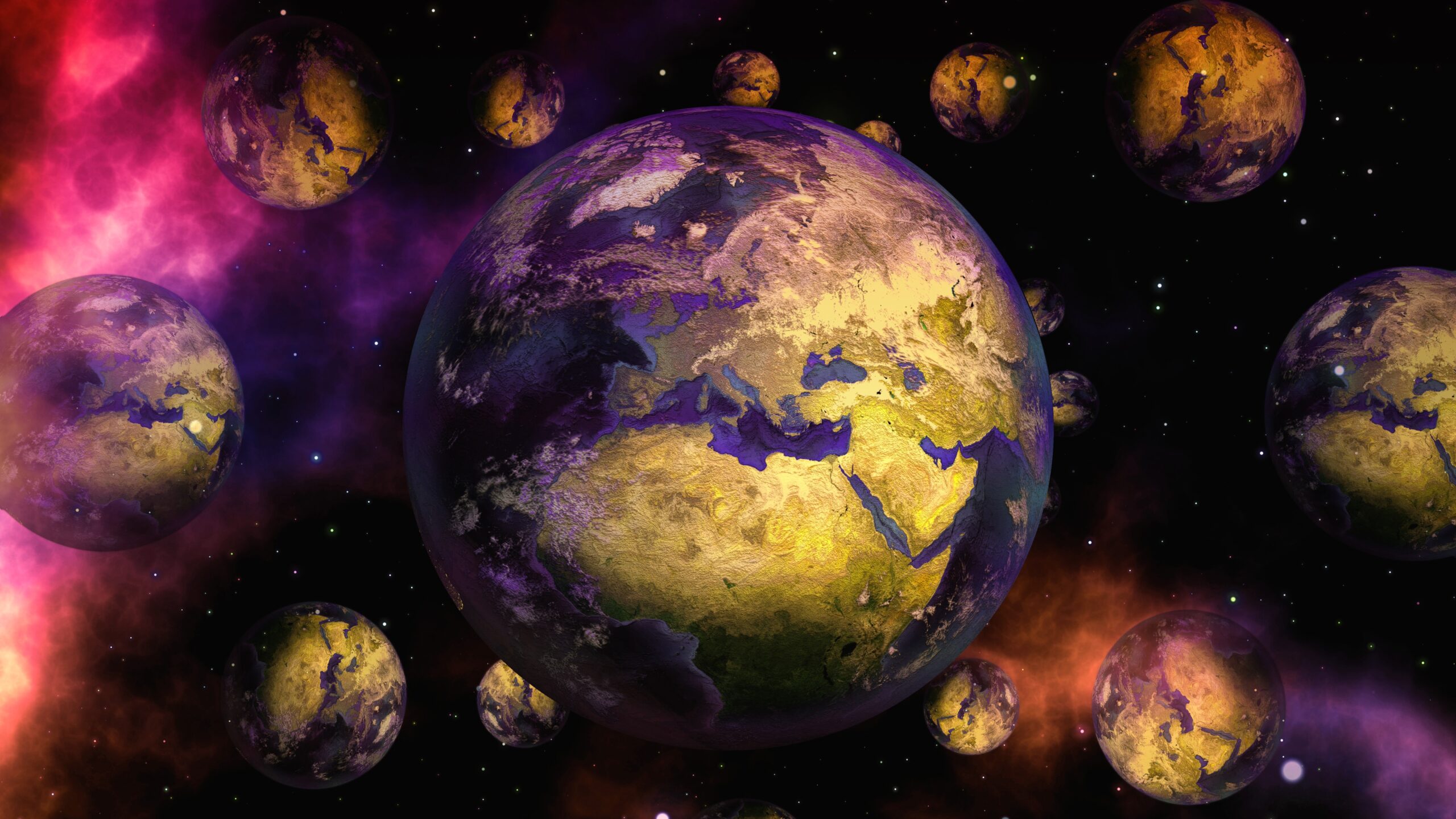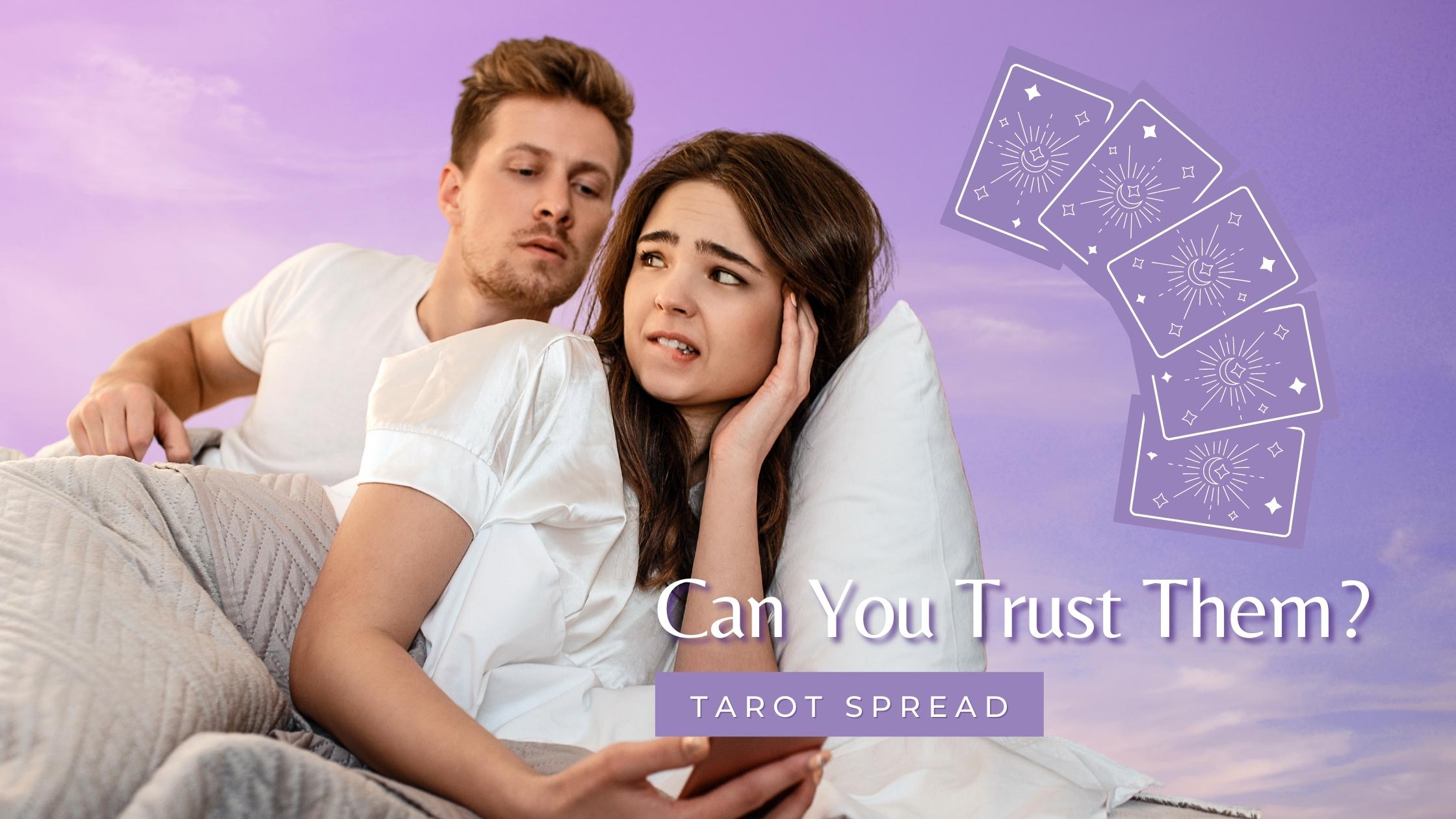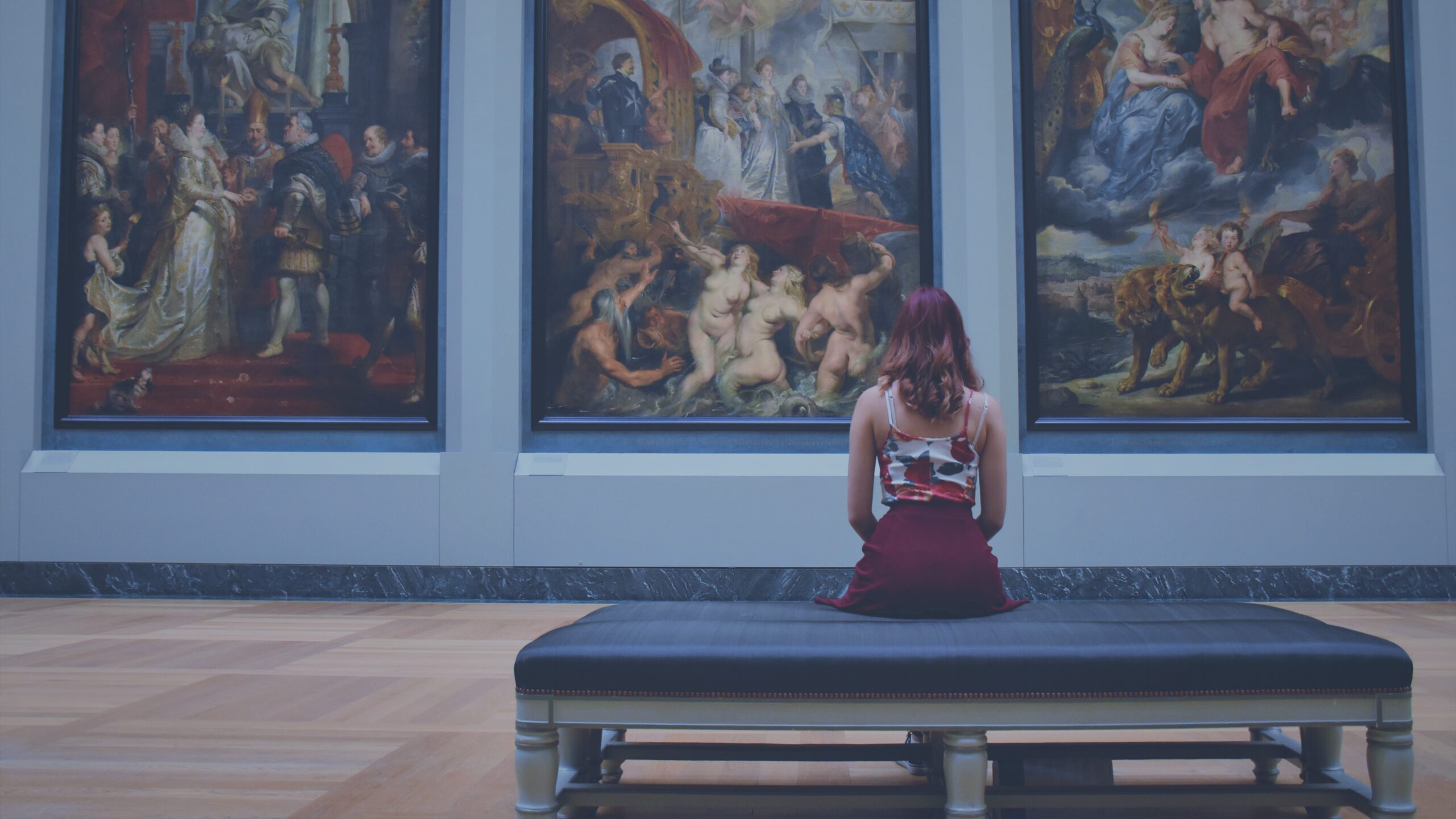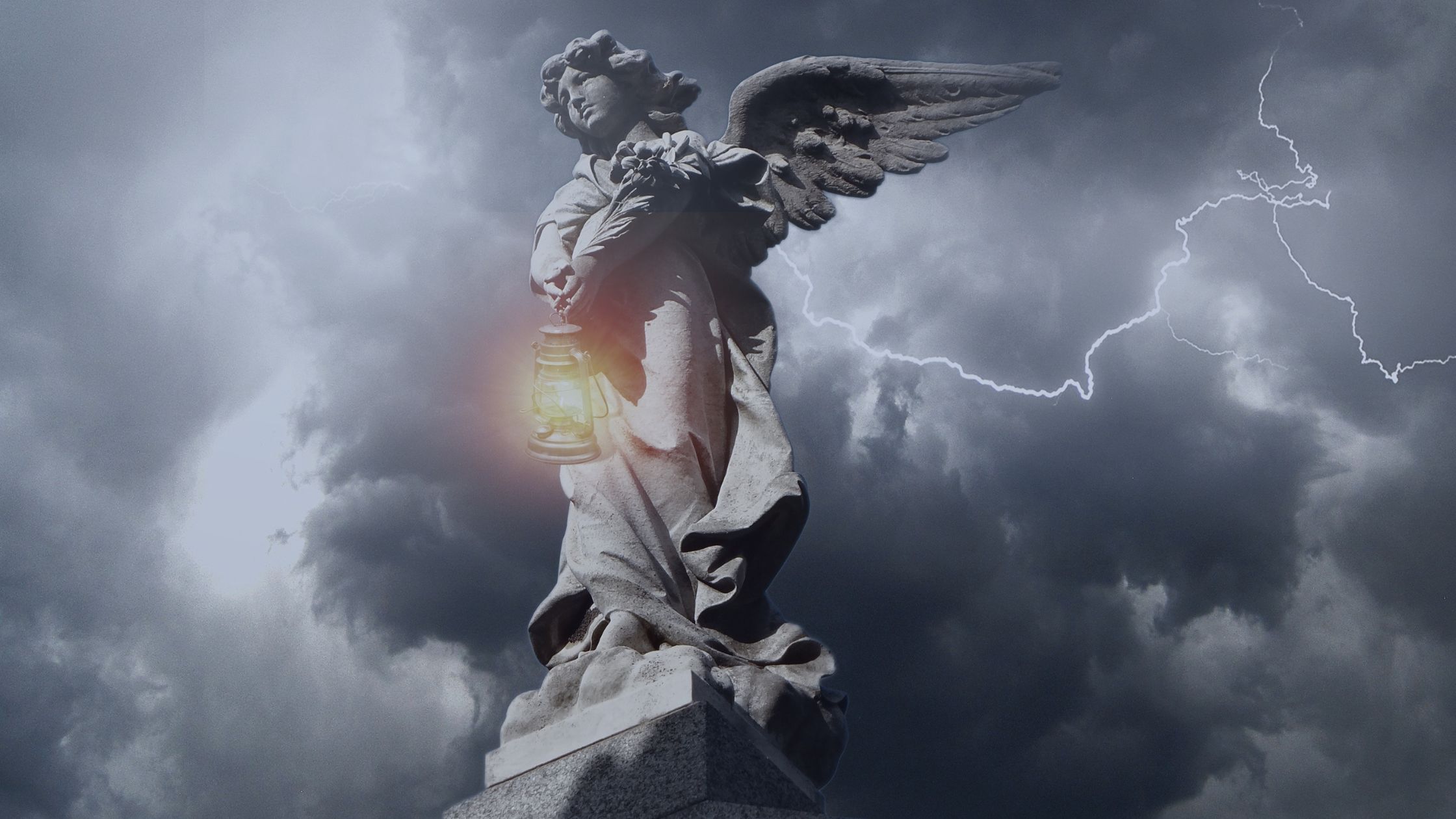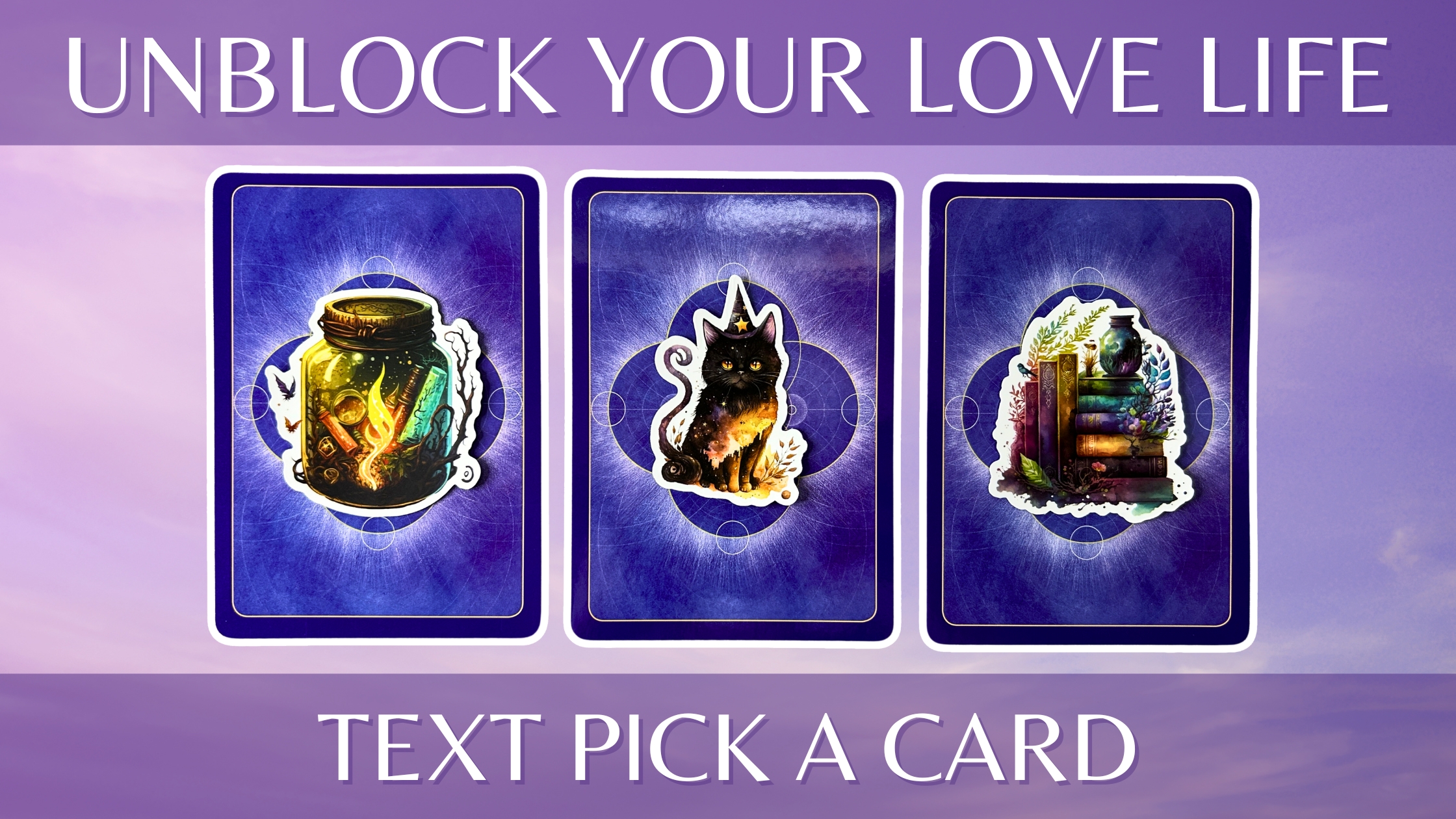3 Frustrating Tropes in Paranormal Romance Books
Of all the book genres out there, paranormal romance confuses and amuses me the most. It’s not a genre I normally pick up, but I have read a few dozen which I enjoyed and I do see the appeal of the genre.
Magical worlds within our own? Handsome heroes? Strong women? It’s like a grown-up Harry Potter series where Hermione is the protagonist and she falls for the bad boy instead of Ron Weasley.
Sign me up.
But even I have to admit there are a couple of tropes (what readers expect to see in a genre) that make me blush because of what it reveals about the people who read paranormal romance.
1. Magic schools are everywhere, but somehow, they don’t have students posting bullying or fight videos on social media
Okay, this one may be a bit unfair. But as someone who used to work in public education, it’s hard to suspend belief in magic school stories.
Part of this is due to the influence of Harry Potter, but I think the trope of magic schools taps into something deeper than that: magic is complicated, even in its real spiritual form, and we imagine that any world with blockbuster-style magic would need an intense education system for initiates.
Sure, secret magic schools probably have spells that disable muggle technology and those with supernatural powers probably wouldn’t care about boring normal society, but most of these stories also have rich students in designer clothing, so they’re not really that separate most of the time.
My point is that the genre romanticizes school for what it could be… and then inadvertently makes it even more frightening. Instead of social media, bullies will come within an inch of killing another student. Sometimes even the heroes will do this.
It appears like the tools we give students are weapons, and no matter how fantastic a student’s education might be, they will find a way to hurt and even kill each other. And it’s not always the bad guys.
Problem? The books romanticize this violence too. Inevitably, we like the pain we make some people go through in school. It’s just misdirected to the wrong people.
2. Everyone is part of a hierarchy, and the boss is super sexy or a dystopian dictator – and often both
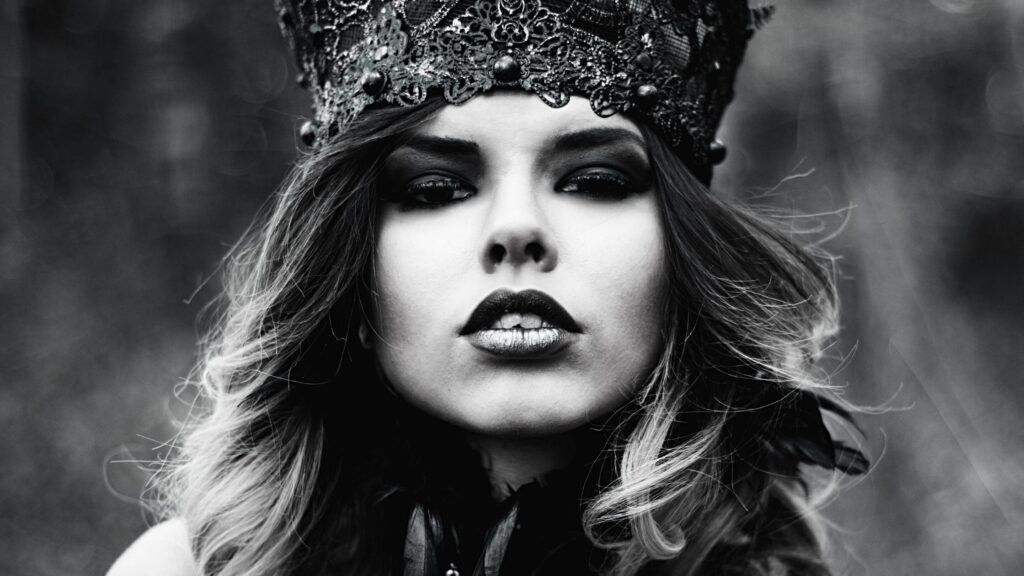
While this is somewhat the result of it being a sub-genre of romance, I do see similar tropes in all speculative fiction. But in paranormal romance, this takes a more sexualized tone rather than a governmental one.
Quite often, the female protagonist finds herself in a relationship with an “alpha” or leader of a supernatural group. She then becomes the de facto queen who must fight to keep her position against the old guard.
Sure, she tones down the violent inclinations of her beastly partner, but it’s not like the strict, regimented hierarchy is overruled. And many in these hierarchies have their positions at birth. The only way it can be changed is through service to the leader.
It’s a bit like nepotism.
You’ll see the female protagonist sometimes fall in love with a rebel, but the rebel usually ends up displacing a dictator himself or coming into power later.
What I see from these plotlines is this: we expect society not to be equal and that we’re slaves to the good opinions of our leaders. If we step out of line or question their despotic authority, we lose our voice.
The only chance we have is to appeal to a queenly figure who has no real political power of her own and is only able to convince the leader because he has the hots for her. She’s a celebrity more than a figure of authority.
Yeah. A comforting thought on how we view the way government works.
And in paranormal romance, we discover that’s what we actually want. Not equality.
3. Women are worthless unless they’re powerful goddesses, so you better hope you’re an undiscovered supernatural model
I love romance novels, but heroines are always the “unique” girl who is unlike other women. This is especially hilarious when it’s a romance series and every heroine from the same family is also a unique girl who is unlike other women. Apparently, unique women come in sets.
Paranormal romance is no different but has its own set of problems. The heroine is usually an outcast who doesn’t fit in with the popular girls. But the super handsome hero instantly falls in love with her and finds her more beautiful and charming than any other woman alive.
Sounds like a normal romance trope, right? But in paranormal romance, the heroine discovers she’s the chosen one, has a magical ability, or trains and becomes super powerful.
This would seem to be inspiring, but a lot of the time I find it discouraging. Romance novels always set up the heroine to be someone the reader can imagine as themselves. Beauty is in the eye of the beholder, so it’s not unfeasible to believe that someone will find you the most attractive person to them. It’s also not that difficult to learn to be kind.
But in paranormal romance, this isn’t the point of the heroine: she’s a literal goddess. Even dopey Bella Swan became a vampiric goddess later on.
However, readers aren’t goddesses. And they can never develop blockbuster magical powers.
This makes being “not like other girls” turn into an accusation. You, the reader, are also not like the heroine either, so you’re worthless. And being worthless either means you’re a she-devil or a slave. Oh, I’m sorry, I mean “one of the pack.” The pack where she’s the monarchy’s queen.
In our culture, we teach girls to see themselves as the best and other girls as competition to be conquered so they can rise to become queens. That’s not healthy.
Final Thoughts
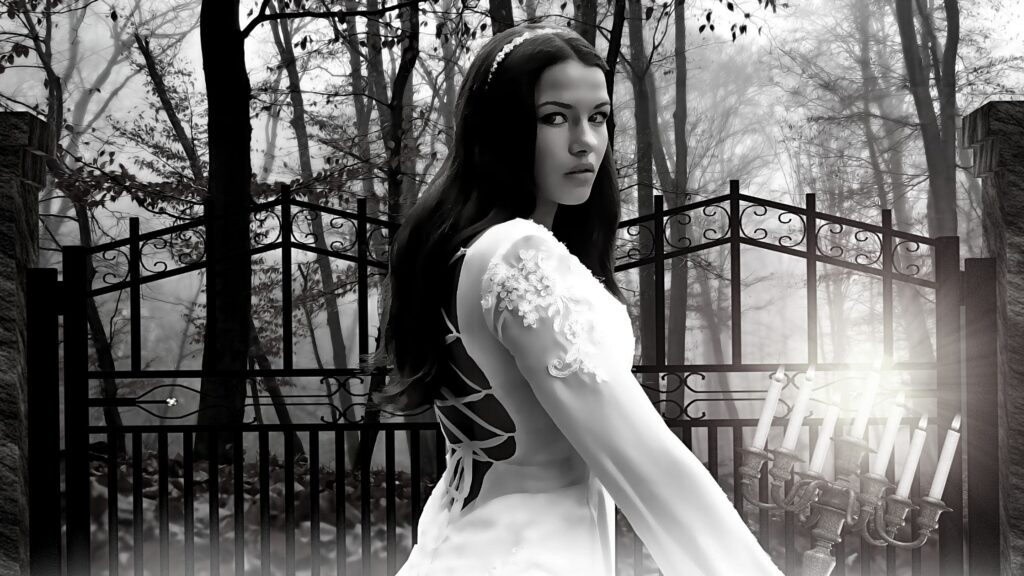
Now I like paranormal romance, even though it has some trope problems. However, I don’t think that means you should stop reading the genre or that we should force the authors to write something else.
Rather, I think it helps to go into the reading experience with some awareness of what we choose to read says about us. Enjoy it for what it is, but understand what you’re reading too.
What we’re choosing to read says we’re obsessed with hurting people we don’t like, falling in love with dictators, and stepping on every other woman to get to the top.
Just because paranormal romance is set in a magical setting doesn’t mean our own desires are magical themselves.
